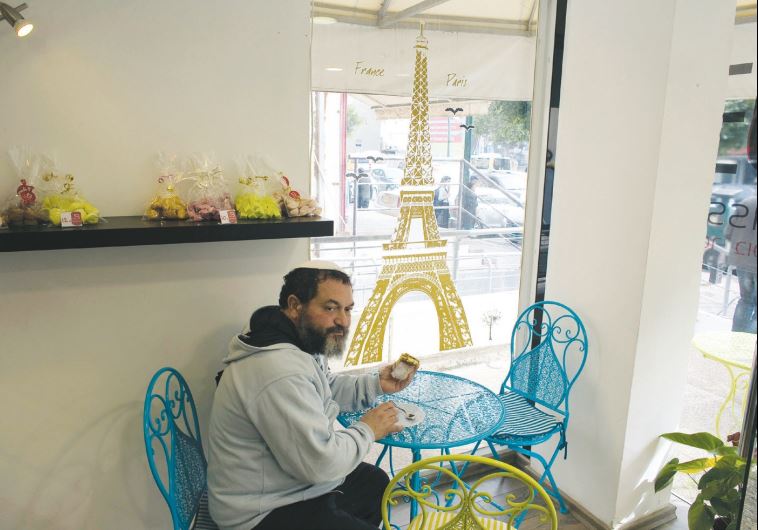A Fresh Perspective: Make yourselves at home
The latest terrorist attacks in Paris have brought back the question of French aliya to public consciousness.
 A member of the French community in Israel sits in a patisserie in Netanya, on January 25(photo credit: RONEN ZVULUN / REUTERS)
A member of the French community in Israel sits in a patisserie in Netanya, on January 25(photo credit: RONEN ZVULUN / REUTERS)